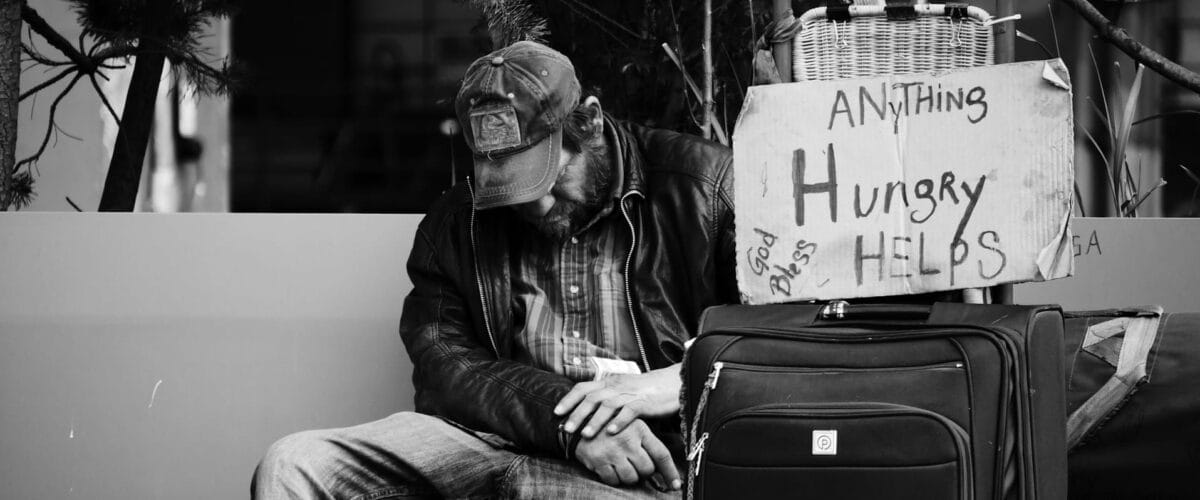The aging process
It feels like I’ve aged about a decade in the last few years of my life, since becoming a parent…
My hair is greyer, my thigh gap smaller, my muffin top bigger, and my face lines deeper. I sag in places that I never used to, and my stomach abs have all but been replaced by over-hang and a c-section scar. And at the age of 39 (40 this week!) I just can’t help looking in the mirror and wondering where the slimmer, sexier, more youthful version of me has gone.
The aging process (or ‘aging’ if you’re an American reader!) can be tough on the body, but it’s tough on the ego and purse-strings too. Why is it that everything around us seems to encourage women to resist the natural aging process with hair dyes and lotions and potions and fillers and creams anyway?
We are the generation that came up with the internet, the cure for HIV/AIDs, smartphones, and electric cars. So surely we are advanced enough as a society to realize that beauty is more than skin deep?
Women and ‘age shame’
The sad fact is that society puts an awful lot of pressure on women to conform to its beauty ideals at every life stage.
Incredibly, a recent global study by Dove, the beauty products manufacturer, surveyed women from thirteen highly developed countries and found that more than 50 percent were self-conscious about their appearance.
Many respondents also openly admitted that they regularly opted out of important life events because they didn’t like the way they looked.
I find it incredibly sad that women feel so pressured to conform to society’s self-made ideas about what beauty is, that they are actually choosing not to show up for their own lives!
I find it incredibly sad that women feel so pressured to conform to society’s self-made ideas about what beauty is, that they are actually choosing not to show up for their own lives! Don’t you?
Of course, I’m not saying that body image issues only affect women because clearly that’s not true. But I think there’s a particular type of shame that’s reserved for women when it comes to reaching middle age.
Just look at the huge rise in treatments like botox, fillers, and other non-surgical procedures aimed at reversing the aging process as another case in point too.
Research by global market-research agency Mintel (2018), found that over half (51%) of women aged 16-29 would consider getting cosmetic enhancements either now or in the future. And that whilst previously these treatments would not have been considered until into the 40s’, now over a quarter of 18-24-year-olds (28%), and almost a third (31%) of 25-34-year-olds, have already had some form of cosmetic treatment to stave off signs of growing older.
Is it just me, or are these some rather alarming statistics?
Where does ‘age shame’ come from?
Where does all this body shame and shame about aging even come from? And how is it that women over 40 are generally thought of as past their best, whilst so many men become ‘silver foxes’ and seem to grow into their older years much more comfortably?
I think these are questions worth taking some time to ponder. And, having done that, I have a couple of different theories…
Firstly, it’s an issue that’s driven by marketing. Did you know that in 2018, the global anti-aging market was estimated to be worth about 50.2 billion U.S. dollars? So there’s an awful lot of money to be made out of making people feel bad about growing older.
Every year huge amounts of advertising power is invested into persuading us that the signs of aging are a negative thing and if a message is said loudly enough and often enough, it begins to embed itself into our social psyche.
But whilst that might go part of the way in explaining the issues, it doesn’t explain why women are especially susceptible…
A closer look at shame
Renowned author and researcher on the subject of shame, Brené Brown has argued that the difference between men and women is that men tend to feel guilt, whilst women tend to feel shame.
Do you know the difference between guilt and shame? In essence, guilt is feeling that you did something wrong, but shame is feeling that who you are is wrong. Brown’s book ‘Women & Shame’ is a great read if you’re interested in learning more about this subject. But my real point here is that although shame is kind of subtle and tricky to define; you can see its effects everywhere.
It’s kind of hard to imagine a world without shame, isn’t it? A world where every person is confident in their own skin, where people do not compete or compare themselves to others, or strive to meet someone else’s (or their own) unrealistic expectations…
But according to the Book of Genesis at the start of the Bible, there was a time when this sense of shame did not exist in humanity. We are told that in the very beginning, Adam and Eve knew exactly who they were. They didn’t wrestle with questions of image or identity, or equality or value. Their sense of self-worth was deeply rooted, as they enjoyed a perfect relationship with God and with each other. There was no barrier between them, no reason to hide.
Yet they were tempted to eat the forbidden fruit by a serpent, and in an instant, everything changed. Suddenly there was this voice casting doubt on God’s character, and their relationship with God and with each other was marred by the shadows of shame.
“And he said, “Who told you you were naked? Have you eaten from the tree that I commanded you not to eat from?” The man said, “The woman you put me here with – she gave me some fruit from the tree and I ate it.” (Genesis 3:11-12)
In the place of perfect togetherness, harmony, and acceptance, suddenly there is blame-shifting, accusation, competition, and a sense of being at odds with one another, as the man attempts to lay his own shame onto the woman.
And sadly it’s a pattern that’s continued to repeat throughout history, in a million different ways ever since.
Here’s just a few examples…
You can see it played out in the systemic rape of women and children used as a form of combat in war zones across the world.
Or in numerous regimes that still don’t routinely allow little girls to study or learn like boys.
Or in atrocities like female genital mutilation which still routinely happens in our own nation, as well as in far off shores, despite being illegal.
Or in cultures where women and girls are required to cover their faces in public or to walk behind a male.
Or in nations where women are routinely prosecuted for being raped by a male.
Or in workplaces where women still routinely earn less than men for doing exactly the same role.
And you can see it in the small, everyday quarrels and power struggles taking place between a husband and wife too.
Call me a feminist if you like, but it seems to be that a key consequence of sin is that women have systematically suffered and been held back by their gender ever since the original fall.
Discovering true identity
But the Bible also repeatedly reminds us that as sons and daughters of God, shame is not our true identity. Below are several of my favorite passages on this subject:
Psalm 139: 14 contains a beautiful reminder that every single one of us is ‘fearfully and wonderfully made’ by God. In fact, the whole chapter describes how we have been lovingly created by God. We are all living, breathing miracles, with no detail about us is left to chance or mistake.
1 Samuel 16: 7 says, “Truly, God does not see what humans see, for humans look at the outward appearance, but the LORD sees the heart” highlighting how God doesn’t see us the way we so often look at ourselves, or at each other. His is not a shallow, external perspective.
And when Proverbs 31 describes the true hallmarks of a woman of God, it says this: “Strength and dignity are her clothing, and she laughs without fear of the future.”
Oh, that each of us could know what it is to really live in the freedom of those truths, and quit fearing our own future as we grow older.
Oh, that each of us could know what it is to really live in the freedom of those truths, and quit fearing our own future as we grow older.
Because it’s what’s developing on the inside and not the outside of a person that matters the most as the years pass by.
My own response
With all of this in mind, approaching 40 feels like a sort of watershed moment for me. Because I don’t want to buy into the lie that external appearance is the most defining feature of a person, or that aging is something to despise.
And so what if I have a few more grey hairs, and a few extra lines on my face? I don’t want my life, my time, my money, my thoughts, to become too consumed with these worries and concerns…
Of course, I want to age well by looking after myself and by staying healthy in lots of practical ways. I want to steward this body that God has given me well, and to live well for as long as I can, by honoring it and not taking it for granted. That’s why I exercise (even though I hate it!) and try to nourish my body with a (reasonably!) well-balanced diet that’s good for me.
I want to grow older gracefully, to celebrate a life that’s well-lived, and to approach the ageing process without any sense of shame, or feelings that my best years might be over.
I also want to grow older gracefully, to celebrate a life that’s well-lived, and to approach the aging process without any sense of shame, or feeling that my best years might be over.
If I am lucky enough to live to the average life expectancy for women in the UK (which is currently 82.9 years), then I am still just under the halfway point. And I so want to use the aging process as a catalyst to help me focus better on those things that matter to most, and live with increasing intentionality.
But most of all, I want my inner beauty, my character, and my spirituality to increasingly flourish as the years move on, even as my physical body grows older.
This is an updated edition of a post originally published on Anna Kettle
Featured Image by Antreina Stone on Unsplash


















